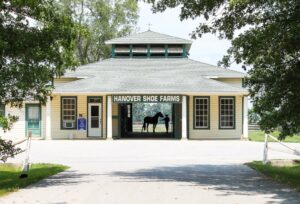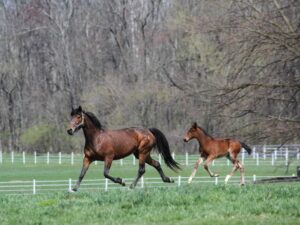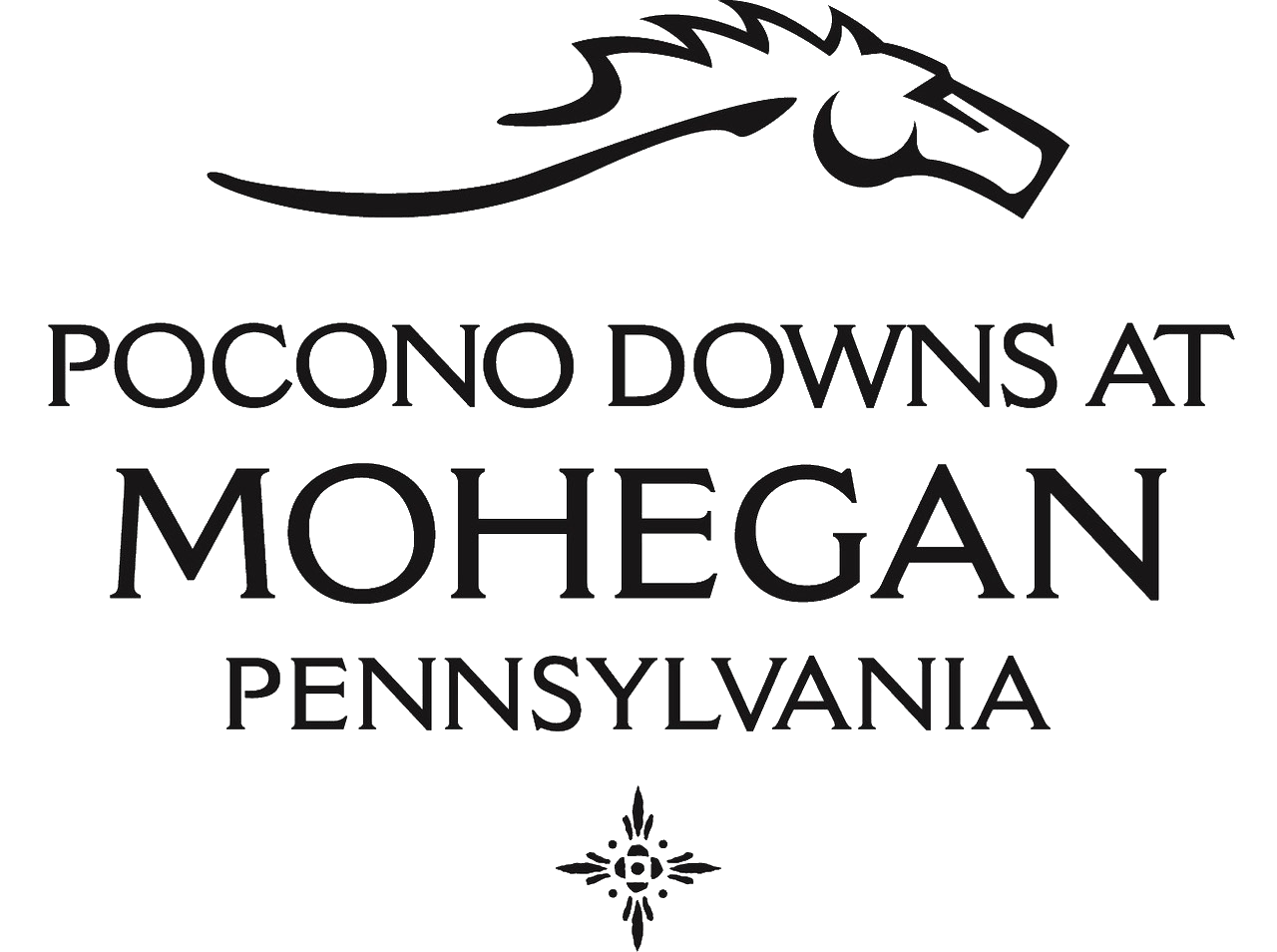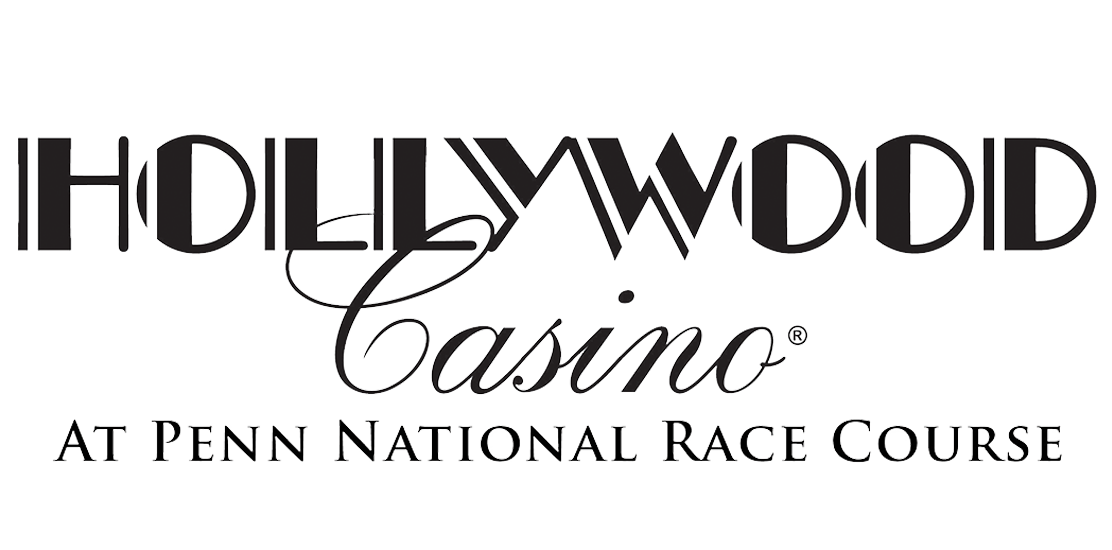An internationally recognized horse breeding operation in Adams County has preserved over 1,700 acres thanks to the support of local, state and federal programs.

More than 60 people turned out as Hanover Shoe Farms Inc., 2310 Hanover Pike, Hanover, was recognized Tuesday for the preservation efforts of its historic farmland.
Pennsylvania Department of Agriculture Secretary Russell Redding spoke about the effort being more than one person’s decision.
“There are decisions that we make that are generational,” Redding said. “Then, there are decisions we make forever. This is a forever decision.”
The easements established at Hanover Shoe Farms have “a requirement for perpetuity,” he said.
While it may have been “painful” to get through “the red tape,” Redding said they now get to see the green fields and blue skies, celebrating what was accomplished.
Efforts began in 2019 when the United States Department of Agriculture’s (USDA) Natural Resources Conservation Service (NRCS), the Pennsylvania Department of Agriculture, Land Conservancy of Adams County, and Adams County Office of Planning and Development teamed up to protect 11 parcels of land owned by Hanover Shoe Farms with permanent easements, according to a press release issued by the NRCS.
In addition to these entities, Ellen Dayhoff, administrator of the Adams County Agricultural Land Preservation Program, credited Adams County commissioners, Conewago and Union townships, and the Land Conservancy of Adams County (LCAC) “to see this project through to completion” with state and federal programs.
“It truly takes a village,” Dayhoff said. “Today is the perfect example of that.”
Conewago Township contributed $396,407 toward two farms, 136.16 acres, and Union Township provided $171,484 toward three farms, 188.10 acres, according to officials.
“That is a really big deal for townships to get involved with this,” Adams County Commissioner Chair Randy Phiel said, adding that some municipalities “have the vision” and see the importance in preservation work.
The annual economic impact of the equine industry in Adams County has been recorded at $49 million, according to a recent study by the Adams County Office of Planning and Development.
Officials pointed to Hanover Shoe Farms, which averages 886 horses, as “a major component” of the equine industry here.

“In 2019, horses bred at Hanover Shoe Farms produced more earnings for jockeys than any other horse farms in the world,” according to the release.
Making this “forever decision” was “only possible” when being “part of something bigger than you are,” said Russell Williams, a fourth-generation owner of Hanover Shoe Farms.
His decision to preserve the farms was “not a U-turn in the history of Hanover Shoe Farms by any means,” he said.
“By preserving farms, we’ve been able to lock down a micro-region,” Williams said. “Land will always have a green place.”
Williams noted how a horse farm requires peace and quiet, so the easements have been able to “establish boundaries where horses can lead a normal life and be horses.”
Some adjacent landowners also “generously donated land to be included in the easements,” officials said. Dayhoff recognized the success of the project was due to Williams’ “willingness and dedication.”
Norma Calhoun, a past president of LCAC, noted two parcels at Hanover Shoe Farms “on which we now hold easements, a total of 750 acres, represent one of our largest projects to date.”
“At the land conservancy, we can dream, create wish lists, and share the benefits of preservation, but our easements are always voluntary agreements with landowners,” Calhoun said, noting the organization was “overjoyed to learn” of Williams’ commitment to the preservation of “the iconic Hanover Shoe Farms lands.”
“By preserving farms, we’ve been able to lock down a micro-region,” Williams said. “Land will always have a green place.”
Williams noted how a horse farm requires peace and quiet, so the easements have been able to “establish boundaries where horses can lead a normal life and be horses.”
Some adjacent landowners also “generously donated land to be included in the easements,” officials said. Dayhoff recognized the success of the project was due to Williams’ “willingness and dedication.”
Norma Calhoun, a past president of LCAC, noted two parcels at Hanover Shoe Farms “on which we now hold easements, a total of 750 acres, represent one of our largest projects to date.”
“At the land conservancy, we can dream, create wish lists, and share the benefits of preservation, but our easements are always voluntary agreements with landowners,” Calhoun said, noting the organization was “overjoyed to learn” of Williams’ commitment to the preservation of “the iconic Hanover Shoe Farms lands.”
State Representatives Kate Klunk, R-169, and Dan Moul, R-91, presented Williams with a citation for the preservation of more than 1,700 acres on 11 farms.
“What you are doing is investing in the future,” Klunk said.
Moul, a lifelong Adams County resident who grew up on a horse farm, said many people do not understand all the people it takes to orchestrate such an operation.
From the farmers growing the grain to the people who haul hay in, Moul said there are “hundreds and hundreds of jobs for economic development.”
Redding also noted how soil and clean water serve as “critical resources for feeding a growing population.”
“Families who preserve their farms forge a partnership with government, investing together in ensuring that future Pennsylvania families will have green spaces, and the resources to produce food, income, and jobs,” Redding said in the release. “Each preserved farm represents a vital partnership among farm owners, state, local, and federal government, and private land conservancies that will feed our country’s future for generations to come.”
The funding to assist in purchasing the easements came from USDA’s Regional Conservation Partnership Program (RCPP) and Agricultural Conservation Easement Program (ACEP), the release reads.
Leveraging the power and resources of public and private partnerships, the ACEP and RCCP programs “deliver meaningful results for agriculture and conservation through land preservation,” NRCS state conservationist Denise Coleman said in the release.
“The conservation plans developed as a collaborative process between the landowner and field planner, the time and effort put forth by partnership staff, and the joint complementary funding all play an integral role in preserving the land and creating a multi-faceted approach to conservation,” Coleman said in the release.
Original source credited to gettysburgtimes.com
Cover Photo Credit to Vanessa Pellchio/Gettysburg Times











